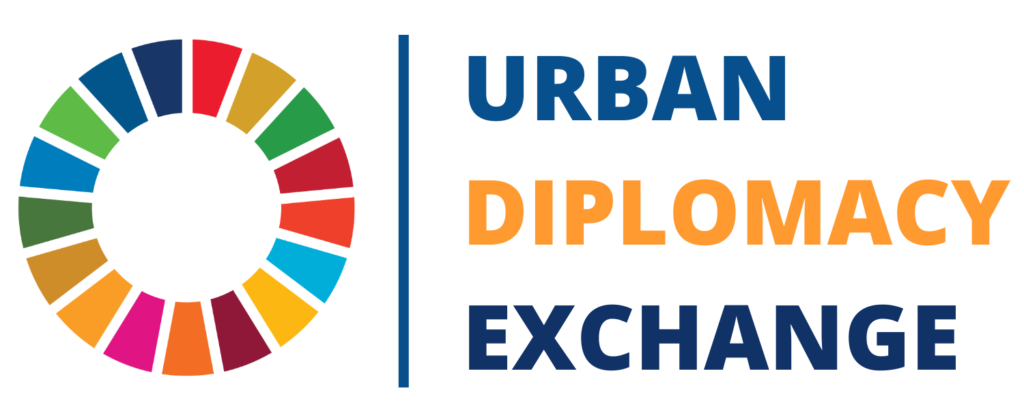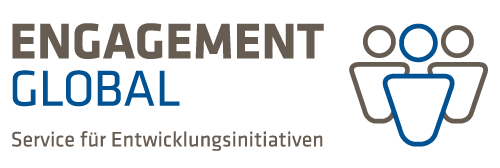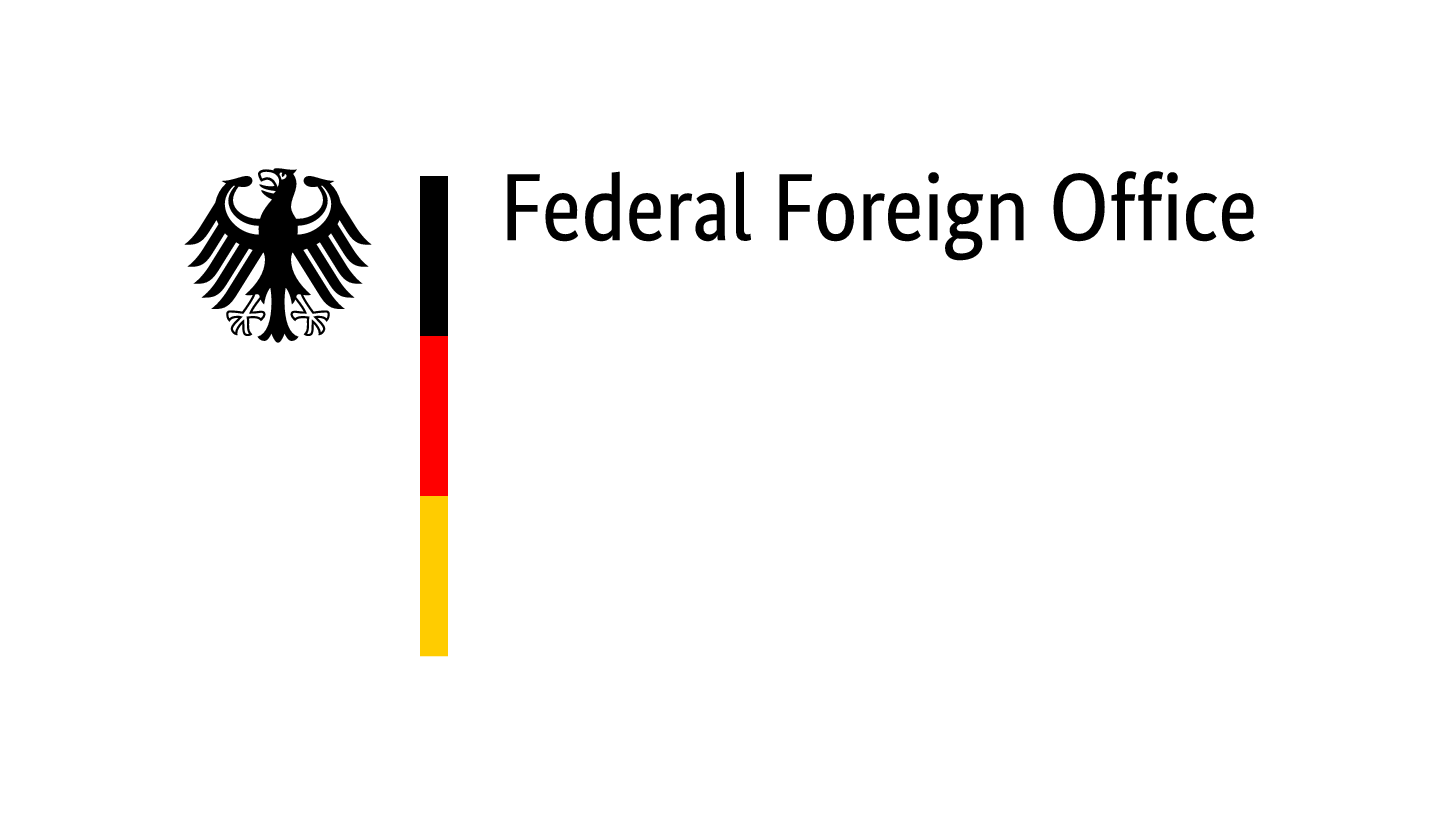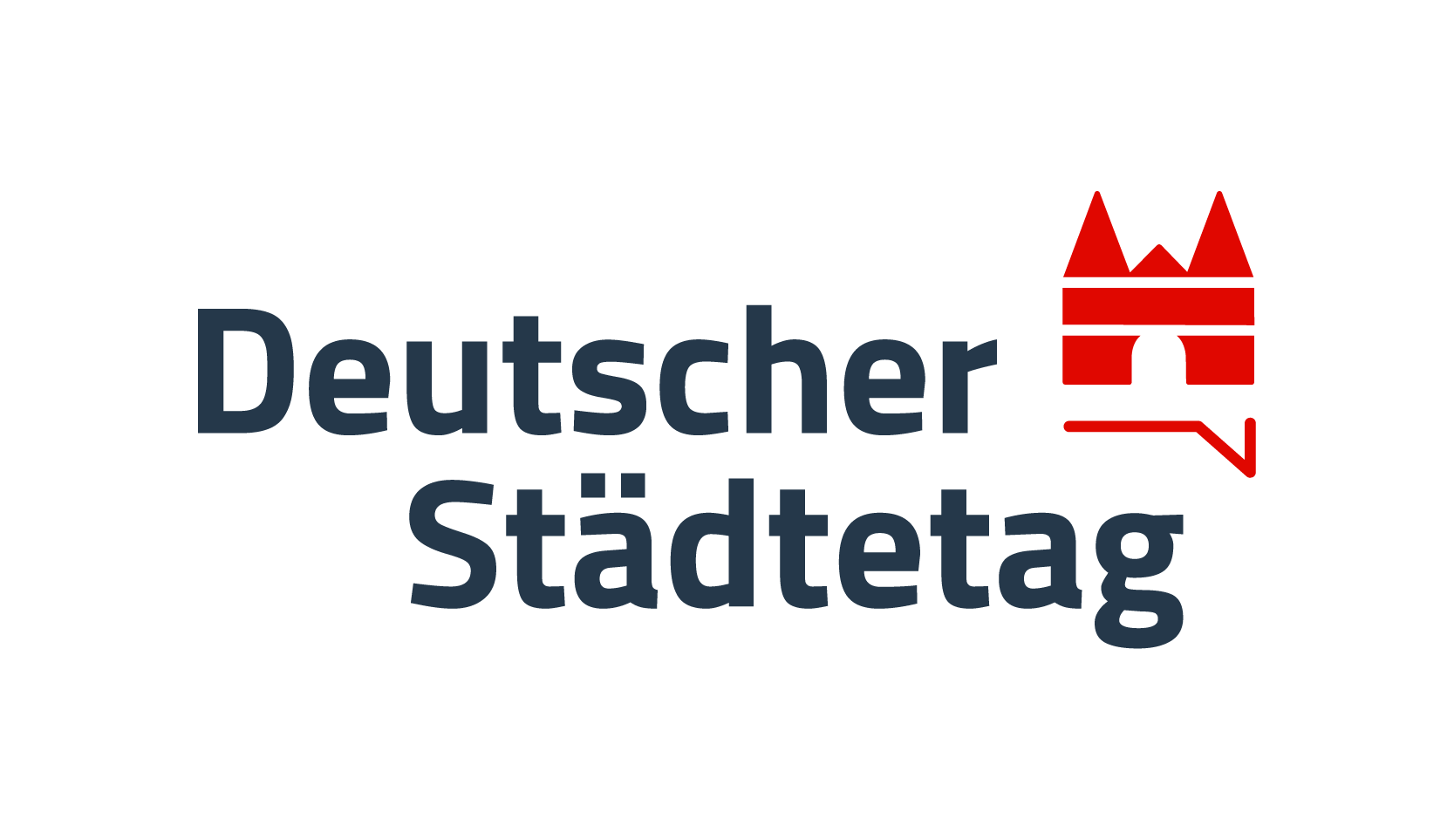The project
Urban
Diplomacy
Exchange
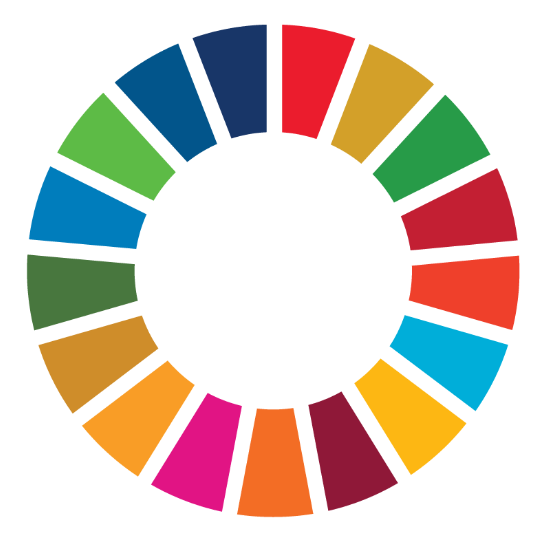
Project objective: Urban strengthening through professional cooperation
Strengthening city diplomacy as a supplement to foreign policy relations is in the interest of the German government, as is supporting municipalities in the implementation of the 2030 Agenda and their contribution to climate protection. The coalition agreement “Dare to make more progress 2021-2025” gives the German government the mandate to do so:
“We are strengthening ties between cities and expanding urban diplomacy.” Thus, the federal level has committed itself to integrating cities into foreign policy work.
The Urban Diplomacy Exchange project was launched at the end of 2021 and is adressing German cities and their partner cities in the United States of America and the United Kingdom covering the topics of sustainable development.
The project is commissioned by the German Federal Foreign Office and carried out by the Service Agency Communities in One World (SKEW) from Engagement Global in cooperation with the Association of German Cities .
In addition to those topics of the 2030 Agenda, which the cities jointly select in their partnership, the sustainable development goals (SDGs) 11, 16 and 17 are particularly relevant:
Professional and local political exchange between the cities strengthens partnerships and supports international networking in the fight for sustainable development and peace.
- The expert exchange helps to live and diversify the partnerships at the level of the specialist administrations and to define concrete approaches for cooperation.
- The local political exchange strengthens the direct dialogue between city leaders and contributes to strengthening partnerships at the political level.
The cities participating in the project bring in the human resources of experts and, with their extensive know-how in municipal services of general interest, contribute to the implementation of the 2030 Agenda and the promotion of climate protection.
Project goals
Understand
Strengthening of mutual understanding for current political and social challenges and solutions in the participating cities in Germany and the respective partner countries.
Shape and design
Raising awareness among municipal actors of their role in city diplomacy and strengthening their design potential in the implementation and achievement of the global goals (2030 Agenda, Paris Agreement).
Network
Strengthening of existing competencies in strategic partnership and support of cities in their internationalization.
The project builds on the connections between German cities and their partner cities. Most of these town twinnings, some of which have existed for decades, have so far been characterized by cultural and representative exchange. By participating in the Urban Diplomacy Exchange project, these municipal relationships are technically geared towards sustainable development (2030 Agenda). The city partnerships jointly decide on which key issues to work together. During international events and expert exchanges, a valuable exchange of knowledge can be carried out, for example on topics such as sustainable transport infrastructure or climate-friendly and CO₂-neutral urban planning. Concrete concepts such as “zero waste”, “sponge city” or “social city” are also considered as forward-looking.
The 2030 Agenda
17 Sustainable Development Goals
In 2015, the 193 member states of the UN General Assembly adopted the 2030 Agenda, which addresses the entire world community with 17 sustainability goals and 169 sub-goals as well as five underlying principles (people, planet, peace, partnership, prosperity). The 17 goals for sustainable development, also known as Sustainable Development Goals (SDGs), are to be achieved by 2030 with the involvement of a wide range of stakeholders from business, politics and civil society. In the meantime, they are used in a wide variety of political and corporate processes as an instrument for a more sustainable orientation. In contrast to the previous agenda, the Millennium Development Goals, the SDGs are aimed at the whole world in the sense of the principle of universality and call for the Global North in particular to assume its global responsibility and take action to achieve these goals.
The 17 SDGs, which aim for sustainable development worldwide, are based on the idea of the sustainability triangle (social, ecological, economic). Central aspects of the 2030 Agenda are the creation of equal opportunities, the reduction of disparities in living standards and the sustainable management of natural resources in order to ensure the preservation of ecosystems and strengthen their resilience.
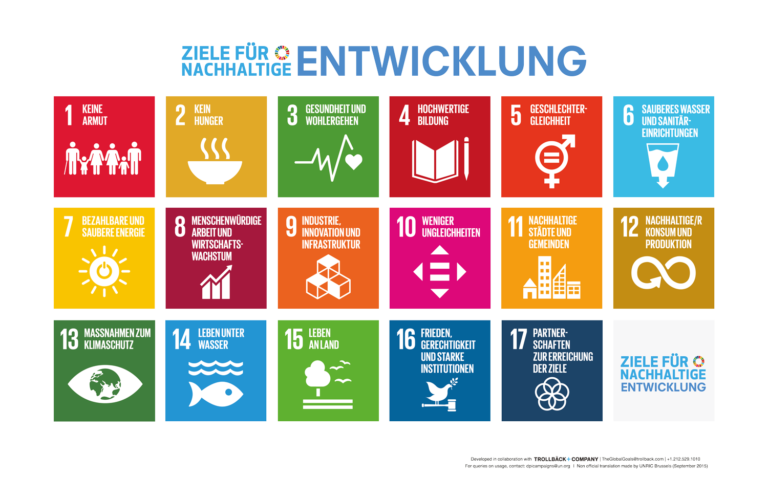
The original idea of the 2030 Agenda, a mere target scheme, has been used more and more frequently in the municipalities since it was adopted in the past decade as an instrument for the holistic design of sustainable urban planning. This so-called "localization" of the 2030 Agenda creates awareness and opportunities for further development at the local level to assume global responsibility. Achieving the sustainability goals at the lowest levels requires a multi-level approach (multi-level governance) and close inter-institutional cooperation. Therefore, Urban Diplomacy Exchange not only creates networking opportunities between the participating cities, but also promotes exchange with other actors at national and international level.
National level
National governments
Municipal level
Cities, towns, districts
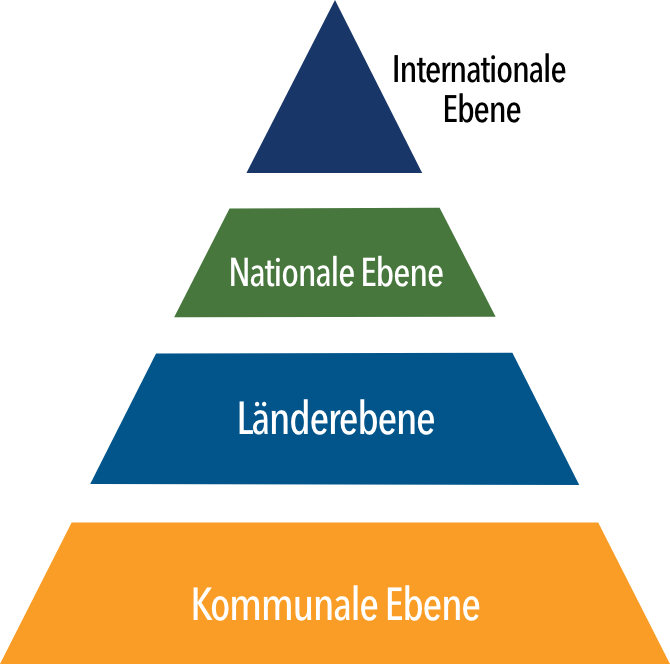
International level
City networks and international institutions
Sub-national level
Regional and state governments
Municipal partnership work has been a voluntary, often additional task up to now for which only limited financial and personnel capacities are available. For a high-quality exchange of municipal expertise, however, responsible persons from various thematic departments are indispensable in addition to those responsible for city relations. More and more frequently, cities in Germany and increasingly also in the USA have offices for international relations where city partnerships are coordinated. In the framework of Urban Diplomacy Exchange, other city offices are to be involved in addition to the Office of International Affairs in order to facilitate a holistic exchange between different departments and administrations. This will result in a fruitful exchange of knowledge between environmental departments, climate protection managers or the departments for social affairs. In the medium to long term, this interlinking between thematic departments and a move away from silo thinking in city administrations can lead to urban planning activities benefiting all residents. Thus - the leave-no-one-behind approach of the 2030 Agenda -will also be more strongly reflected in political and administrative action.
Who is carrying out the project?
The project is commissioned by the German Federal Foreign Office and carried out by the Service Agency Communities in One World (SKEW) from Engagement Global in cooperation with the Association of German Cities .
Engagement Global gGmbH
Engagement Global supports development engagement. Engagement Global gGmbH combines various funding programs and numerous projects, initiatives and offers for fair and sustainable global cooperation under one roof. Engagement Global works in particular with civil society, municipalities and schools. Engagement Global works on behalf of the German government and is financed by the German Federal Ministry for Economic Cooperation and Development.
Service Agency Communities in One World (SKEW)
Municipalities have a key role to play when it comes to overcoming global challenges such as urbanization, migration and climate change – in Germany and worldwide. The Service Agency for Communities in One World (SKEW) therefore accompanies and advises communities in getting involved in development policy, for example by promoting fair trade and fair procurement processes, involving migrant organizations in their work, implementing local sustainability strategies or international partnerships with communities care for.
The SKEW is a department of Engagement Global. Since 2001 it has been available to municipalities as a competence center for municipal development policy in Germany. It designs its strategies and programs together with its broad participation structure with a program advisory board – in which the Federal Foreign Office is also represented – and the program commission.
The service center has many years of experience in methodology and process support for the establishment and strengthening of municipal partnerships and the design of international professional exchange. The focus is on the future topics of municipal partnerships, social participation, globally sustainable communities and fair public procurement.
With the aim of strengthening municipal partnerships, it offers municipalities analogue and virtual opportunities to exchange experiences and jointly develop local solutions to global issues. The SKEW supports and advises German municipalities in the implementation of global agendas both in Germany and internationally within the framework of town twinning.
An important part of the SKEW is the organization and methodological support of municipal partnerships and international professional exchange between German municipalities and municipalities worldwide.
